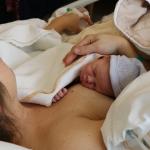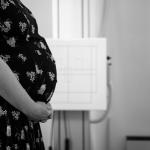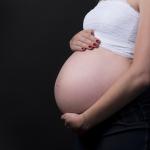There is little as fascinating as maternal-fetal physiology, given that pregnancy itself is the most well-designed suspension system in the world. Add to this complexity the dynamic nature of birth.
childbirth
Prior to the birth of baby Archie to the Duchess of Sussex Meghan and her husband Prince Harry, there was much media speculation that they were opting for a home birth instead of a hospital one.
The National Center for Health Statistics released their report of provisional 2018 data on U.S.
A study on maternal health in Risk Analysis found hospital delivery complications to be highest on night shifts, weekends and holidays when compared to daytime, weekday
Bet you can’t count how many movie scenes about childbirth you have watched in your lifetime. You know the ones highly choreographed to protract the drama leading up to the birth that then capture the magical, emotional euphoria after delivery.
A Patheos blog is suggesting the Ten Month Mamas Facebook Group that supports “well co
The New York Post just published a piece entitled Mom gives birth in outdoor bathtub without medical help: ‘It felt r
There is a lot of chatter whenever a larger baby is born and exceeds a hospital’s record. The media storm that follows, social and mainstream, makes for the viral nature of the images.
The so-called “fourth trimester” is a catchy name being used to focus on the first three months of a baby’s life after birth and mom’s postpartum period.
There are a lot of public plays albeit via media outlets, advocacy groups or the like, positioning childbirth as a debate.












